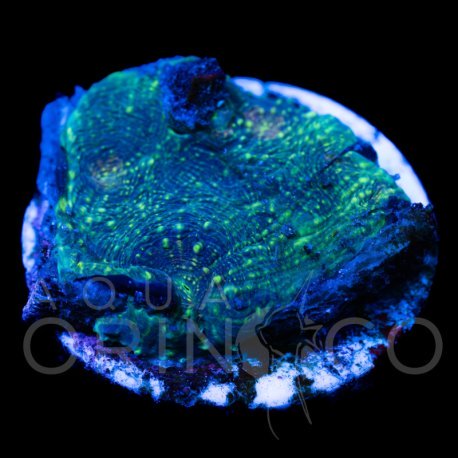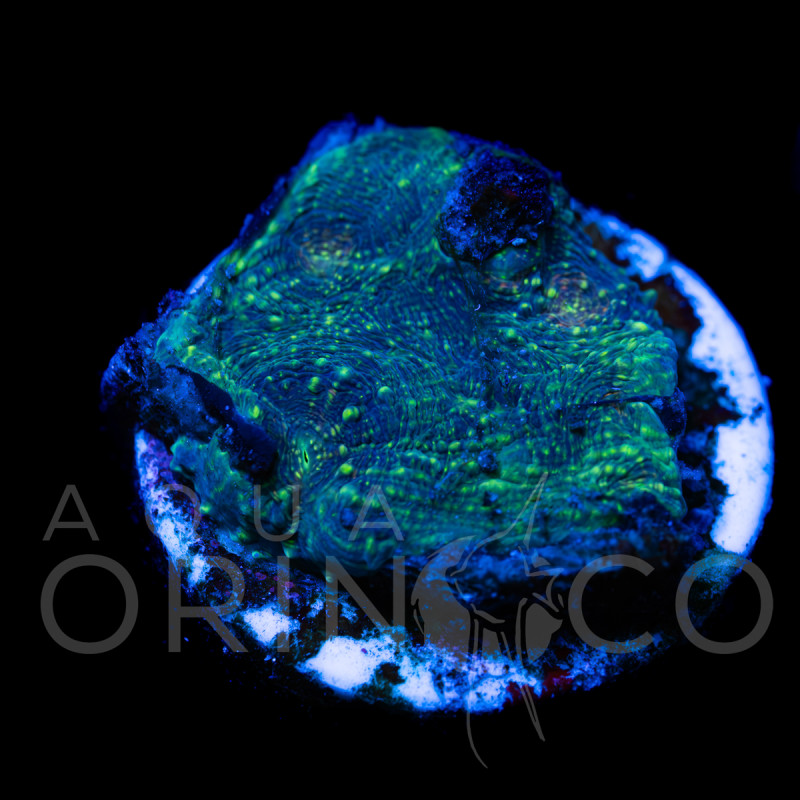More info
Acanthastrea echinata
Unique piece - "WYSIWYG"!
What You See Is What You Get
Acanthastrea sp.
Acanthastrea as a genus has become considerably smaller recently as Acanthastrea lordhowensis and Acanthastreas bowerbanki were reclassified as Micromussa lordhowensis and Homophyllia bowerbanki, respectively. This leaves Acanthastrea echinata and Achantastrea pachysepta as the most commonly seen Acans in the hobby. Acanthastrea pachysepta has some of the largest polyps of all Acans. These Acans do not require special care, however, they have a strong sting, so it is advisable to give them plenty of space in your layout.
See below additional care tips for Achantastreas echinata
Location
Acanthastrea are found around the islands of the Indo-Pacific, including Fiji, Tonga, Solomon Islands, and the Great Barrier Reef. Our Acanthastrea usually comes from Australia.
Lighting
Acanthastrea can be kept under a variety of lighting conditions ranging from low to medium-high lighting. Here we have them under very low T5 light bulbs and relatively low LED light. It is important to note that these LPS corals change color dramatically depending on the light they receive. Despite the change in appearance due to light, it does not seem to affect the health of the coral, only the aesthetics.

Low Light |
Low light is between 30 - 50 PAR per unit area |

Medium Light |
Medium light is between 50 - 150 PAR per unit area |
|
High Light |
High light is above 150 PAR per unit area |
Water Flow
Acanthastreas can be kept under a variety of lighting conditions ranging from low to medium-high lighting. Here we have them under very low T5 light bulbs and relatively low LED light. It is important to note that these LPS corals change color dramatically depending on the light they receive. Despite the change in appearance due to light, it does not seem to affect the health of the coral, only the appearance.
Feeding
Acanthastrea, in our opinion, should be fed for long-term health. There are a variety of frozen fish foods available that make excellent meals for Acans. We like to feed a mix of meaty foods such as shrimp, fish, and squid with vitamin additives and highly unsaturated fatty acids (HUFA). Our Acans almost always have their feeding tentacles out (even during the day), which we see as a sign of good health.

Alert
It is important to note that this coral is aggressive towards other corals. They cannot be kept in contact with other types of Acanthastrea.
```


